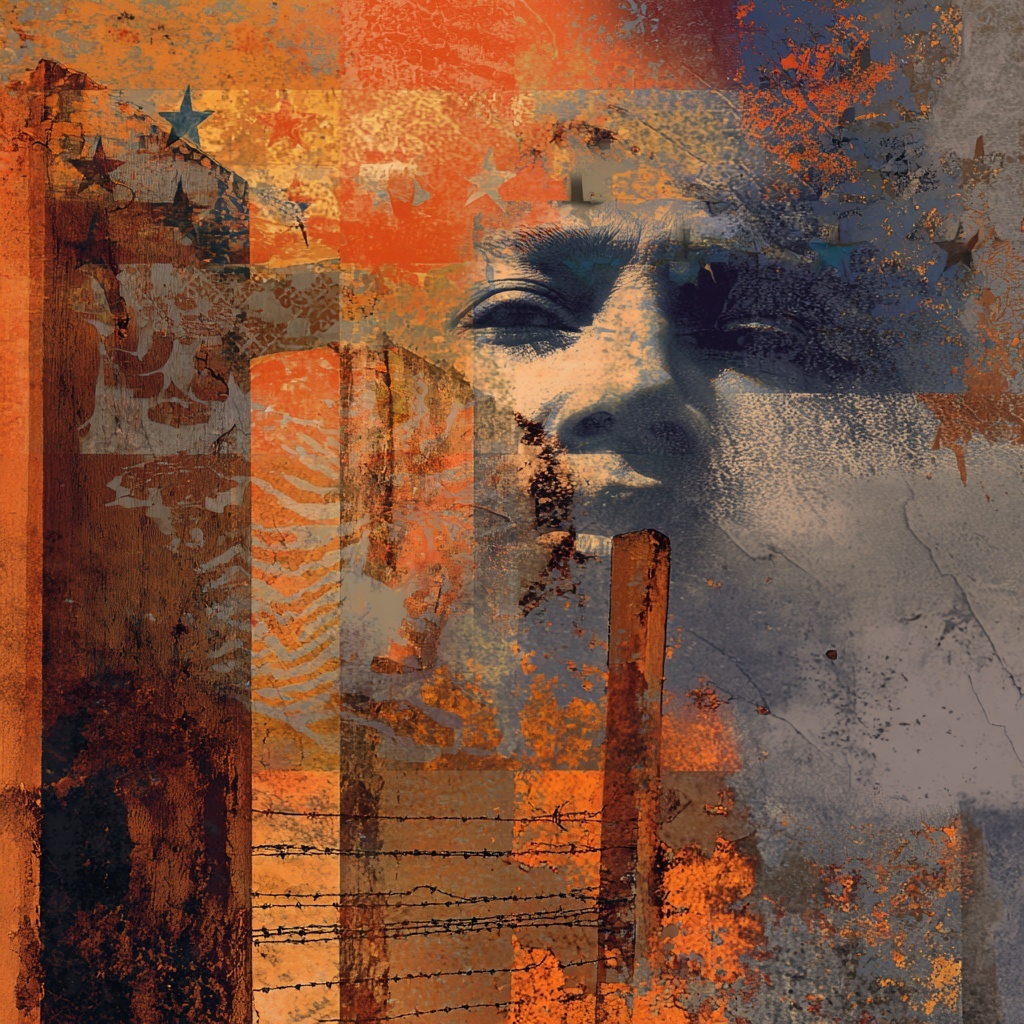

IndigenousNetwork was able to attend this week’s American Community Media briefing on September 12, which examined the growing crisis facing immigrant survivors of domestic violence. As federal and state protections contract, the people most affected are increasingly reluctant to seek help. For Indigenous audiences, this issue connects to wider stories about the erosion of safety nets, the weaponization of immigration status, and how government actions shape public trust in systems meant to protect.
Carmen McDonald, Executive Director of the Survivor Justice Center in Los Angeles, has spent more than two decades representing low-income survivors of domestic violence, sexual assault, and human trafficking. She began by describing what she called a “devastating impact” of recent immigration enforcement on survivors. “About seventy percent of our clients are immigrants,” she said. “When the raids began, the fear they generated spread far beyond those targeted. That fear silenced survivors.” McDonald said that reports of domestic violence have dropped sharply, not because incidents are down, but because survivors are too afraid to report. “Imagine you’ve fled abuse and you’re ready to face your abuser in court, but instead of thinking about safety and justice, you wonder if ICE will be waiting at the courthouse doors,” she said. Her office has seen clients cancel restraining orders, skip medical appointments, and vanish altogether. “The silence is not safety,” she warned. “It’s danger.”
Morgan Weibel, Director of Client Advocacy and Legal Services at the Tahirih Justice Center, said survivors now face higher barriers to protection under laws that were meant to shield them. A career immigration attorney who has worked with Tahirih since 2010, Weibel explained that the Violence Against Women Act (VAWA) and U visas were designed to allow survivors of abuse or violent crime to pursue legal status without the involvement of their abusers. Those protections are being eroded through new vetting requirements and punitive policies. “We’re seeing survivors detained even after their VAWA petitions have been approved,” she said. “They are now placed into removal proceedings if their applications are denied. The stakes are much higher.” Weibel said that a recent decision by the Attorney General rolled back decades of precedent on gender-based asylum. “The law is clear that asylum must be considered case by case,” she said, “but the reality now is that geography may determine the outcome. It’s not inconsequential because these are life and death stakes.” She added that unrepresented asylum seekers—particularly Indigenous women from Latin America—now have little chance of success without legal counsel.
The final speaker, Patima Komolamit, is Executive Director of the Center for the Pacific Asian Family, which serves survivors of domestic and sexual violence in Los Angeles County. She said her organization is confronting new funding restrictions tied to federal grants. “These restrictions align with policies that define gender roles narrowly and treat domestic violence as a criminal rather than a social issue,” she said. Komolamit described the chilling effect on service providers who fear that their funding may be revoked for serving the wrong populations. “We have been doing this work for nearly fifty years because it is an unmet need,” she said. “To continue, we need flexibility to serve survivors regardless of immigration status, language, or background.” She added that new conditions placed on grants from the Department of Housing and Urban Development limit support for organizations that provide comprehensive reproductive or gender-inclusive services. “It creates nervousness and doubt,” she said. “We need the freedom to do what we know works.”
The speakers’ testimonies painted a consistent picture: fear, isolation, and declining access to justice. For Indigenous communities, these stories echo long-standing concerns about who is protected and who is left exposed when the state retrenches. Indigenous migrants from Mexico, Guatemala, and Honduras often speak Indigenous languages rather than Spanish or English, which makes them even less likely to report abuse or understand their legal rights. The risk of deportation for reporting domestic violence, combined with language and cultural barriers, mirrors challenges faced by Native women within the U.S., where high rates of violence persist alongside gaps in enforcement and jurisdictional coordination.
The pattern is familiar across Indigenous reporting. Policies that narrow access to safety—whether through funding cuts, administrative burdens, or enforcement practices—rarely acknowledge the cultural and linguistic realities of those affected. The result is an invisible population, one that experiences violence but hesitates to seek help. As McDonald put it, “When survivors are silenced, abusers go free. When immigrants are too afraid to call the police, everyone is less safe.”
The conclusion of the briefing was pragmatic rather than optimistic. The panelists agreed that survivors need clear information, legal representation, and the assurance that reporting abuse will not result in detention. They also asked reporters to keep documenting what happens as new restrictions take hold. Komolamit’s closing remarks were direct. “We save lives,” she said. “We need to keep talking about this, and we need resources to keep doing it.” For Indigenous journalists and advocates, that call resonates with a wider struggle: the fight to ensure that justice and safety are not privileges determined by citizenship, language, or fear.
